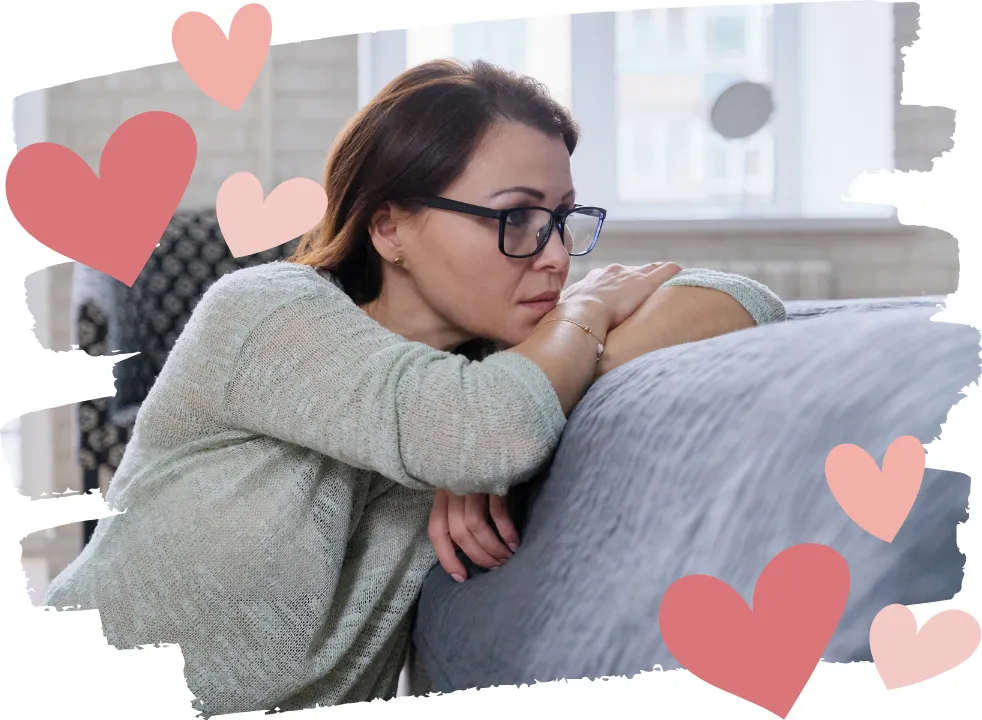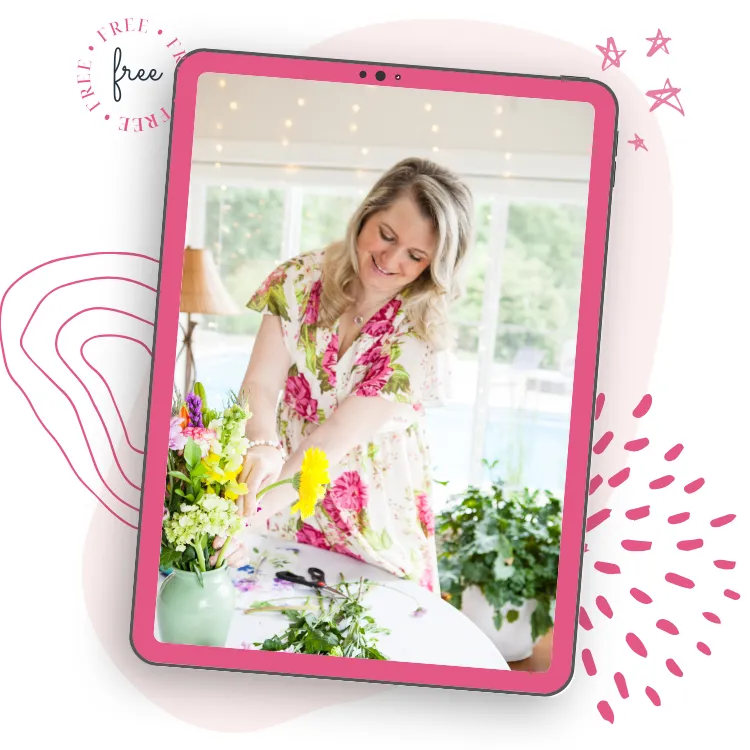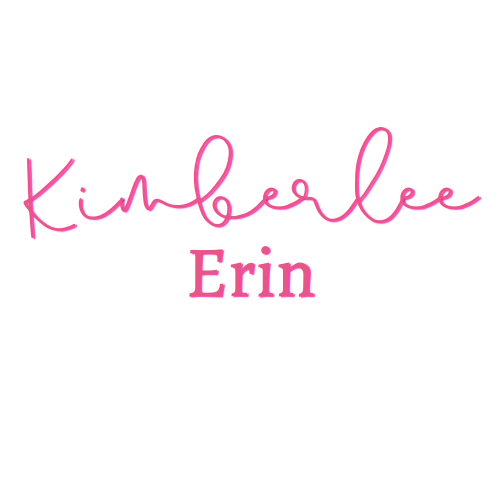
Alcohol, Anxiety, and Perimenopause: How to Break Free and Feel Better
✨ Perimenopause Power Moves: Transform Your Hormones and Health! ✨
Grab your free guide today! Recipes included!
👉 Download Now!
Alcohol, Anxiety, and Perimenopause: How to Break Free and Feel Better
""I was never a big drinker, but suddenly, one glass of wine was wrecking me… terrible sleep, anxiety, and the worst hangovers." - Tamsen Fadel
The Truth About Wine and Anxiety in Perimenopause: My Wake-Up Call
Hey there! I spent years convincing myself that my nightly glass (or two) of wine was my well-earned stress relief. I was a busy mom, constantly juggling the needs of my family while battling anxiety. I thought I deserved to unwind. But what I didn’t realize was that my 'relaxation ritual' was actually fueling my anxiety, keeping me wide-eyed at 2 AM with a racing heart and a mind that wouldn’t shut off.
As a holistic nutritionist, I knew alcohol wasn’t great for my health, but once I dug deeper into the science of perimenopause, anxiety, and alcohol, everything clicked. If you’re navigating perimenopause and turning to alcohol to take the edge off, let’s talk. You might be caught in the same cycle I was—one that’s holding you back rather than helping you move forward.
How Alcohol Fuels Anxiety (Even When It Feels Like It’s Helping)
Alcohol is a master manipulator. It tricks you into believing it’s relaxing, but behind the scenes, it’s throwing your body into chaos. As a depressant, it slows the central nervous system, altering how your brain processes stress and emotions. The catch? The “calm” it creates is short-lived. When alcohol wears off, your anxiety spikes even higher than before.
Neurotransmitters Under Attack
Alcohol disrupts the very brain chemicals that regulate your mood:
Serotonin: The neurotransmitter responsible for mood balance. Low serotonin = increased anxiety and depression.
GABA: Your brain’s natural chill pill. Alcohol gives it a short-term boost but depletes it over time, leading to more panic, irritability, and insomnia.
Dopamine: The "feel-good" chemical. Alcohol gives a quick boost, but in the long run, it disrupts dopamine production, making it harder to feel joy without a drink.
And let’s talk about sleep—or the lack of it. While alcohol may knock you out, it blocks REM sleep, the most restorative phase. It also messes with melatonin, which explains why you wake up in the middle of the night, exhausted but wired.
Perimenopause and Alcohol: A Hormonal Storm
As if fluctuating hormones weren’t enough, adding alcohol to the mix is like throwing gasoline on a fire.
Estrogen and Progesterone’s Role in Anxiety
Estrogen regulates serotonin, dopamine, and GABA. As estrogen declines, anxiety, mood swings, and sleep disturbances increase.
Progesterone has a natural calming effect through its connection to GABA receptors. But in perimenopause, progesterone drops, making you even more prone to anxiety and restlessness.
""We drink to reduce feelings of anxiety and yet the alcohol causes anxiety. Learning how to break this cycle is key and it's something I talk about a lot." – Sara Rusbatch, Grey Area Drinking Coach
Why Alcohol Hits Harder in Midlife
Ever noticed that alcohol affects you more now than it did in your 20s? That’s because your body processes it differently as you age:
Reduced Liver Function: Alcohol lingers longer in your system.
Lower Muscle Mass, More Body Fat: Alcohol is water-soluble, and with less muscle and more fat, your blood alcohol concentration stays higher for longer.
Slower Metabolism: It takes longer to eliminate alcohol, intensifying hangxiety and disrupting sleep.
Finding Freedom from Alcohol: Healthier Ways to Cope in Perimenopause
For years, I resisted giving up alcohol because I thought I needed it. But once I stopped, I felt calmer, more rested, and in control. If you’re ready to break free from the cycle, here are science-backed strategies that actually work:
1. Mindfulness & Meditation
Apps like Insight Timer offer guided meditations that quiet the mind and lower anxiety. Even five minutes of deep breathing can shift your nervous system from fight-or-flight to calm-and-centered.
2. Move Your Body
Exercise is nature’s anti-anxiety medicine. Walking, yoga, and strength training boost endorphins and stabilize mood. Even 20 minutes a day can make a difference.
"I encourage you to also prioritize self-care by achieving quality sleep, implementing stress lowering practices, eating an anti-inflammatory diet, and getting regular exercise." – Dr. Mary Claire Haver, The New Menopause
3. Eat to Support Your Mood
A diet rich in protein, healthy fats, and fiber helps balance blood sugar and stabilize mood. Processed carbs and sugar can cause energy crashes and increase anxiety, so stick to whole, nutrient-dense foods.
4. Upgrade Your Sleep Hygiene
Create a bedtime routine that signals your body to wind down—dim the lights, turn off screens, and listen to a calming meditation. I love Insight Timer for this—it’s a game-changer!
5. Build a Support System
Having support makes all the difference. Whether it’s therapy, coaching, or a community like The Luckiest Club, you don’t have to do this alone. Cognitive Behavioral Therapy (CBT) is particularly effective for managing anxiety.
The Takeaway
Alcohol may seem like an easy way to take the edge off, but in reality, it’s making perimenopause harder. The good news? There are so many better ways to manage anxiety, sleep better, and feel your best.
If you’re feeling stuck in the alcohol-anxiety cycle, you’re not alone. The more we understand the impact of alcohol, the more empowered we are to make choices that truly support our well-being.
✨ What’s one small step you can take today toward a healthier, happier you? ✨
Hormonally Yours,
Kimberlee Erin
✨ Perimenopause Power Moves: Transform Your Hormones and Health! ✨
Grab your free guide today! Recipes included!
👉 Download Now!
Just a heads-up: I’m a Certified Menopause Coaching Specialist and Holistic Nutritionist, and while I love sharing what’s worked for me and my clients, this blog is for informational purposes only. It’s not a substitute for medical advice. Always check in with your healthcare provider before starting new supplements, hormones, or treatments—especially since every woman’s perimenopause journey is different. You deserve personalized care that truly fits you.
Free Download
Perimenopause Power Moves: Transform Your Hormones and Health!
Feeling overwhelmed by perimenopause? You’re not alone. Get my free guide, and gain the confidence to manage your symptoms effectively.
Packed with practical advice and expert tips, this guide will help you balance your hormones, reduce stress, and improve your well-being.
Download your copy today and start your journey towards a smoother, more empowered transition.

